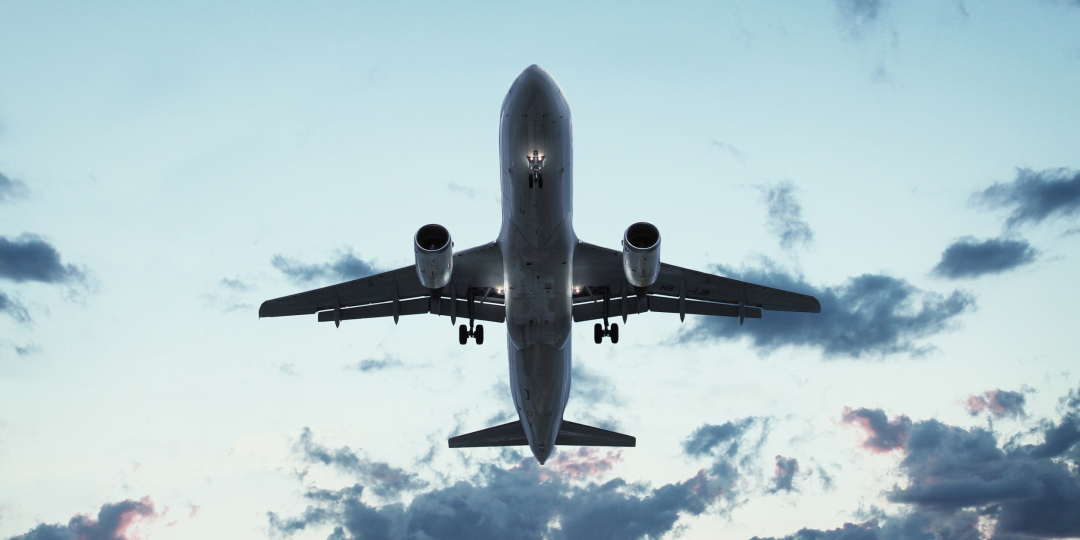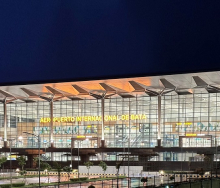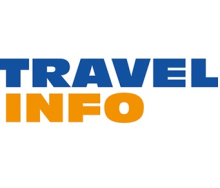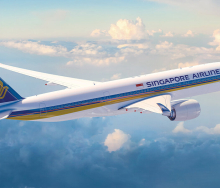It’s a bitter pill to swallow when you scrape together your year’s savings, buy an airline ticket and then, when you find you won’t be able to travel on the day, your ticket suddenly has no value at all - you can get no refund, nor change the ticket to a later date, nor sell it to a friend.
While other bookable services have been allowing resales with great success in the past years (sport events, concerts, etc), this has not been available in any facet of the travel industry.
Enter the start-up platform Fairlyne with its mission to disrupt travel distribution by turning non-refundable tickets into resalable fares.
The French company first emerged a couple of years ago to effectively remove the technological, functional, and economic barriers to resale in the travel world, reports eu-startups.com.
Travel brands and operators will, via the Fairlyne platform, add resale to their distribution. This gives clients more flexibility whilst generating additional profitability – it gives a second life to non-refundable tickets, which is a benefit to both the consumer and the airline.
Fairlyne announced in July it had raised €2,7 million (R54,4 million) in a seed capital round. Speedinvest led the round with participation from Evolem, Kima Ventures and FJ Lab as well as several angel investors.
Gilles de Richemond, Co-Founder and CEO of Fairlyne, explained: “We realised that travel customers were willing to resell their bookings and meanwhile, no-shows represent a lucrative opportunity for travel operators – if they could offer customers who couldn’t make it the chance to resell in advance. So, we built a platform which can be integrated into any operator’s consumer-facing channels, providing customers with a seamless resale experience. The incremental revenue from no-shows can be significant.”
A ticket resale platform could also spell the end of overbookings and refused boarding – the ultimate PR nightmare for any airline.
Morgan Guérin, Co-founder and CMO of Fairlyne says in a blog post on the Fairlyne site: “…there is untapped revenue potential in no-shows. Every day, sold out flights leave with empty seats, causing airlines to lose out on potential revenue. The legacy solution to addressing it is overbooking…
“When airlines overbook, they sell more tickets than the actual number of seats available on the flight, with the expectation that not all passengers will show up. However, this also means that if every passenger does show up, some passengers will be denied boarding. This creates a disastrous experience for the passenger, which often leads to dissatisfaction, anger, and bad publicity for the airline. In today’s world, where everybody has a camera on their phone and social media is omnipresent, one bad experience can quickly spiral out of control and damage the reputation of the airline.”
The new funding will be used to further develop the platform, expedite the deployment of Fairlyne with enterprise clients across the travel industry, and to expand to new markets, including the US.
In 2022, Fairlyne partnered with OUIGO, the French low-cost train operator. OUIGO introduced the service as OUIGOSWAP, allowing their 25 million passengers per year to resell their non-flexible bookings directly through OUIGO’s website and app. This initiative has proved highly successful, generating significant incremental EBIT for the operator.
In June 2023, Fairlyne ranked first out of 300 start-ups in the Royal Air Maroc Open Innovation challenge.
In the coming months, the airline will implement the Fairlyne Resale as a service platform to allow its non-refundable customers to release their booking on Royal Air Maroc’s direct channels and avoid losing 100% of their money (in the case of no-shows). Fairlyne recently won the Open Innovation Royal Air Maroc challenge.
The ticket resale will consist of a simple process whereby passengers list their tickets for sale at a higher price than the original purchase and they receive a part of the resale in the form of a voucher once a buyer is found.
The exact conditions for the resale service have not yet been disclosed by Royal Air Maroc, however the expectation is that it will offer a chance to generate revenue for airlines and cover ticket costs for passengers.
Fairlyne was founded by Accor IT Executive Committee members following the global pandemic.














